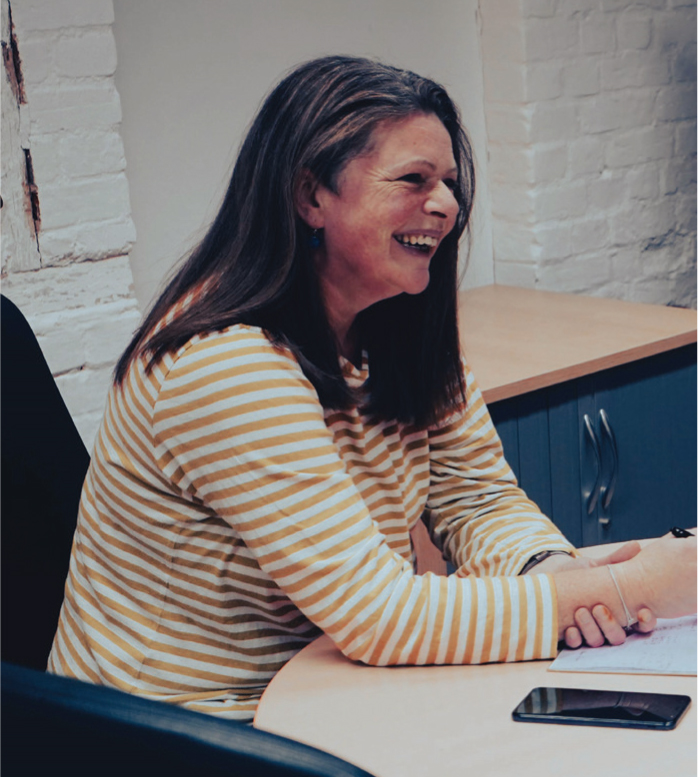John F. Kennedy said that ‘Leadership and learning are indispensable to each other. Veterinary Women In Leadership (VWIL), a collaboration between Veterinary Woman and XLVets, was set up with that belief in mind. It hosts a variety of in-person and online events on topics enabling positive actions towards future career developments, such as exploring different leadership styles and sharing diverse and motivating career stories.
At a recent event, over 20 veterinary professionals from practice and industry took part in an online discussion hosted by Veterinary Women In Leadership (VWIL) on the topic ‘What can the career stories of the past teach the leaders of the future?’ A broad range of participants, including vets, RVNs, practice owners and directors, and industry professionals brought a variety of different perspectives on topics including developing confidence in making career decisions, tackling issues of practice culture, and how veterinary leaders can best support inclusivity and diversity within the profession.
Everyone can develop their leadership qualities and use the influence they have in positive ways: striving to learn and sharing our own learning with others is a great way of realising this. The aim of the event was to explore what can be learned from each other's experiences of success and failure to help guide career development and facilitate strong future leadership within the profession.
An important aspect of leadership in veterinary communities currently, rightly includes attention to inclusivity and diversity. Delegates discussed how to promote inclusive practice cultures and engage new generations of vets. ‘It is powerful to acknowledge that we're not homogenous,’ suggested one. ‘We can model making space for different sorts of people… and we can advocate. You don't have to be part of a marginalised group to call out poor behaviour. It's important to be honest, but it doesn't have to be adversarial.’ Another commented, ‘Some people get things wrong with the best of intentions, so trying to be kind by being part of an allyship is important for good results’.
Current leaders described how they were tackling these challenges through evidence-based policies and training on diversity and inclusion, and other ‘soft skills’, with the view that they are essential CPD within the profession. ‘Diversity and inclusion are also quality of care issues. We are not doing our jobs properly if we are not inclusive of people,’ said one veterinary advisor.
Feedback from those taking part is that people in all roles — leaders and non-leaders, male and female — welcome the chance to share their views, hear other perspectives and are keen to build on this with continuing dialogue and a shared purpose. It is valuable for all in the profession to be able to access opportunities to get together with like-minded people from different parts of the industry for robust discussion, sharing ideas and supporting each other positively to learn and grow.
VWIL plans to make a recording of the discussion available online in the near future so that others can benefit from the experiences and insights of this pro-active group of veterinary professionals, and feel inspired to join in with these dialogues and take them forward.
VWIL will be running an online CPD event on 7th December 2022, entitled ‘Realise Your Leadership Potential’, aiming to explore actions delegates can take towards reaching their career goals. To register, visit: https://eu.eventscloud.com/website/7528/home/.

In the meantime, the VWIL Facebook group, open to everyone within the profession, helps to support discussion and networking: https://www.facebook.com/groups/699945773924495/about
The Veterinary Women in Leadership website (https://veterinarywomeninleadership.co.uk/about/) also offers access to a mentoring programme that is available to anyone in the profession who aspires to leadership or is new to a leadership role. There is a fantastic array of mentors to choose from within industry and veterinary practice, including RVNs and vets and non-vets who work in the community. Those who wish to be mentored can select possible candidates and message them through the platform. Taken together, the resources aim to support balanced, authentic and resilient leadership at every level of veterinary practice to help take the profession into the future.


